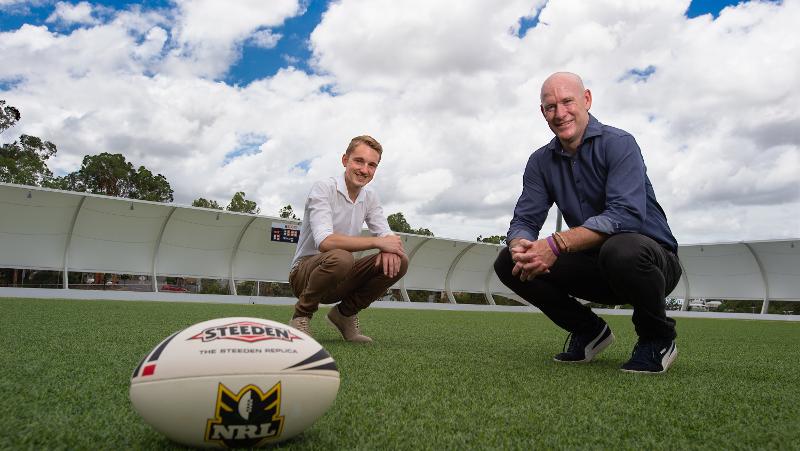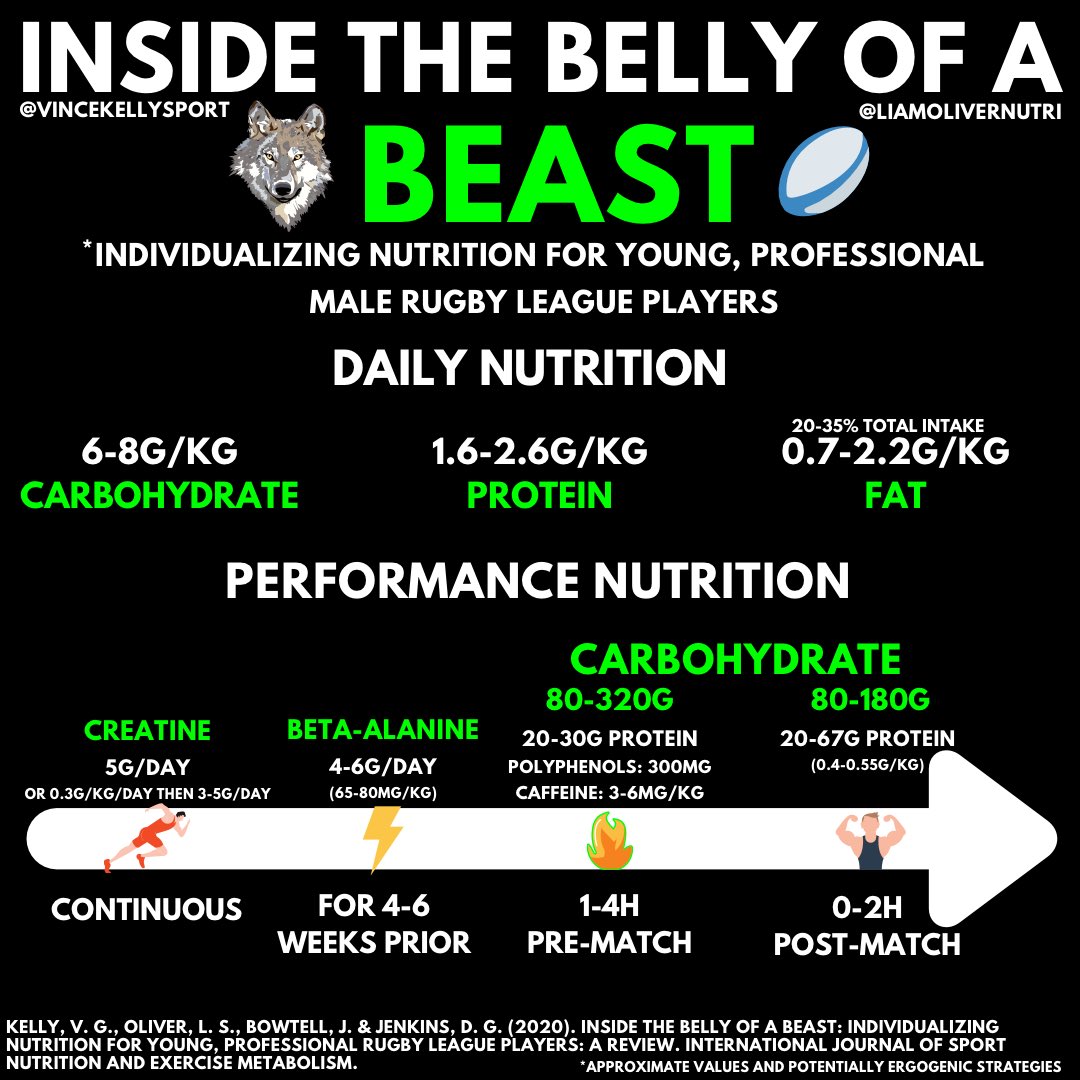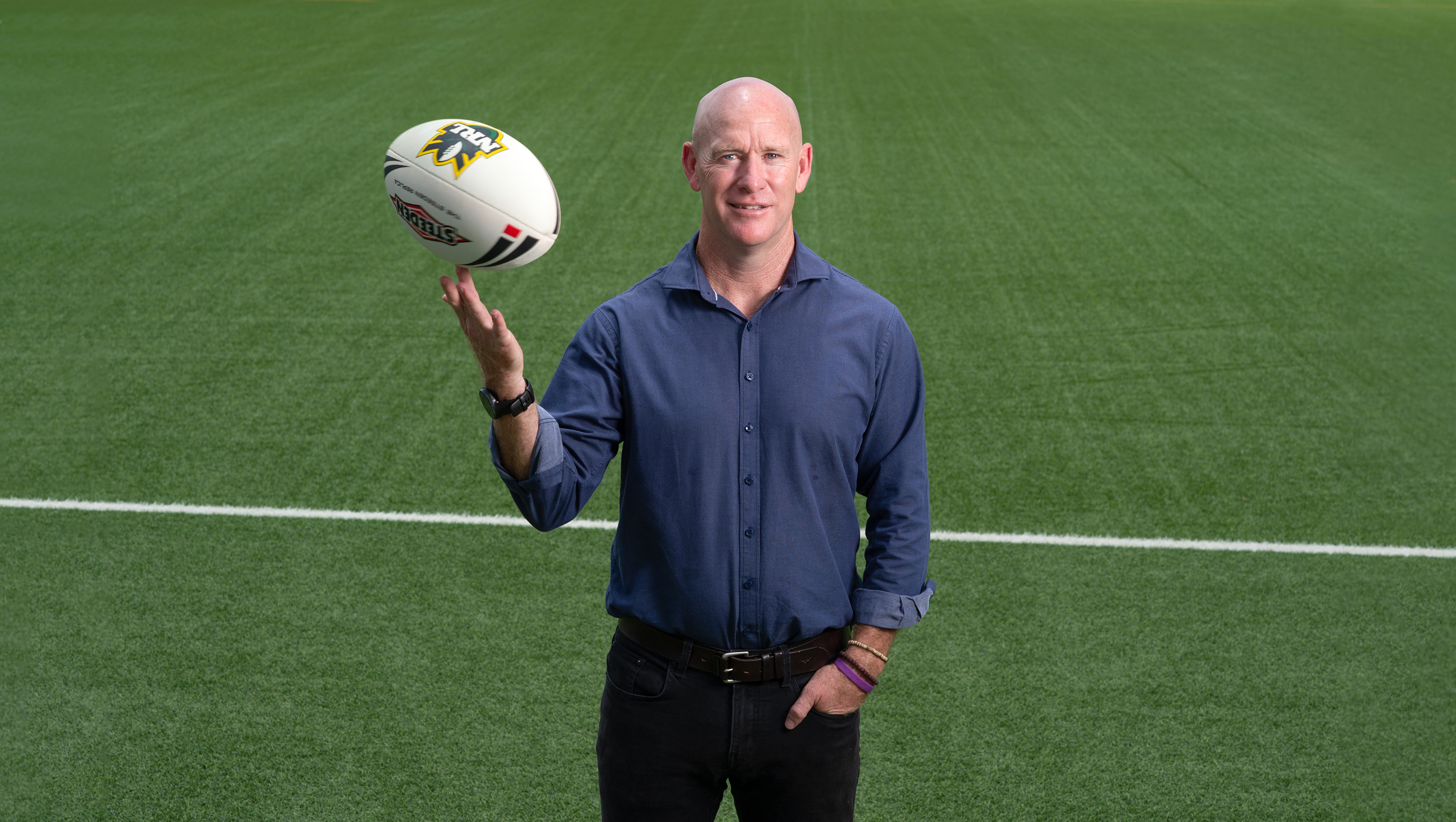
Young rugby league players could benefit from individualised nutrition plans to maximise performance and optimise recovery throughout their careers, according to QUT researchers.
The new study, published in the International Journal of Sport Nutrition and Exercise Metabolism, provides nutritional recommendations and considers potential supplements to improve players' physical capacity, health and recovery during the preparatory and competition phases of a season.
Lead researcher, Associate Professor Vince Kelly from QUT's Faculty of Health's Exercise and Nutrition Sciences, is a committee member of the National Rugby League Research Committee and has more than 20 years' experience in elite sport.
"Young players don't have the same access to dietary support as professional players do but it is just as important to invest in their nutritional needs," Associate Professor Kelly said.
"You don't put diesel into a Ferrari and high-performance players require the right type of fuel."
Key points:-
- Professional rugby league is an intense physically-demanding sport, and young male players (aged 16-24) have incredibly high energy requirements.
- Players' energy requirements are highly individual, and they may find it hard to meet current nutrition recommendations.
- Research provides practical food and drink examples so that sports dietitians and coaches can help players eat and drink enough as part of a healthy diet.
- Research shares information on evidence-based supplements via HASTA that could be used to maximise performance.
Associate Professor Kelly said healthy food habits for young players helps aid physical and mental wellbeing to cope with the demands of the game and as they mature.
A review and analysis of studies including players aged 16-24 highlighted the large variability in match and training profiles of rugby league players.
Co-author and PhD researcher Liam Oliver has prepared practical nutrition tables recommending take home packs for players to consume after a match.
The tables provide information for players to better manage their nutrition based on whether they are gaining or maintaining weight.

"For a collision sport like Rugby League, body mass and being heavier provides more momentum for tackling but this also leads to muscle damage so adequate protein may accelerate recovery," Assoc Prof Kelly said.
He said, for example, cherry concentrate taken consistently three days ahead of a match may improve muscle damage recovery while 30ml taken post-match may aid sleep, and blueberries or blackcurrants taken one-hour pre-match could improve sprint performance.

Currently, there are no nutritional recommendations across a complete season of rugby league and the researchers say future studies should apply to similar female-specific rugby league recommendations.
The research has been shared with the Brisbane Broncos Sports and Performance Dietitian and the Head of Strength and Conditioning at Stade Francais Rugby Club in Paris.
The study's other co-authors include Professor Johanna Bowtell from University of Exeter, UK, and Professor David Jenkins from the University of the Sunshine Coast.






